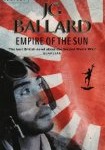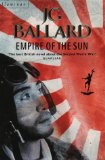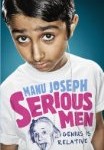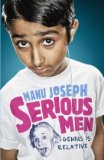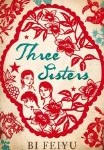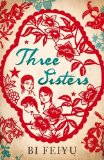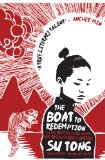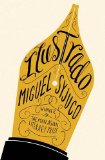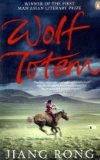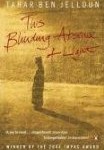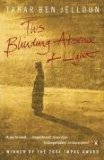 Translated from the German by Susan Bernofsky
Translated from the German by Susan Bernofsky
Shortlisted for 2011 Independent Foreign Fiction Prize
Five words from the blurb: house, inhabitants, country, ghosts, chilling
The Visitation is a short, but beautifully written book focusing on the occupants of a house in East Germany. The narrative moves forwards and backwards through time, showing snapshots of different residents throughout the 20th century.
The house, on the shore of a lake, is the scene of many shocking events. The rise of the Nazis, the disappearance of the Jews, and Russian rule are all covered; finishing with the destruction of the Berlin wall.
It sounded like the perfect book for me, but unfortunately the writing was so cold and clinical that I felt distanced from the events.
For two minutes she can feel the sand beneath her shoes along with a few pieces of flint and pebbles made of quartz or granite; then she takes off her shoes forever and goes to stand on the board to be shot.
There was no emotion in the text and I found this lack of sentimentality meant that I had no connection to the characters. This, along with the confusing jumps in time, meant that there was no motivation to turn the page. Reading became a chore. I frequently found myself having to re-read sections in order to work out who was narrating, or which time period was being covered.
I know a lot of people will love this book for the fantastic writing, but I’m afraid I need more than that – especially when I’ve read about the subject matter so many times before.
Recommended to those who appreciate good writing and don’t mind working to understand what is happening.

.
The thoughts of other bloggers:
….a stunning and brilliant piece of fiction. Lizzy’s Literary Life
The abruptness of of the prose makes some of the descriptions of objects and places quite haunting. My Book Year
there is a lot of joy to be gained in piecing it together and seeing the place enhance the feel of its people. The Mookse and the Gripes

